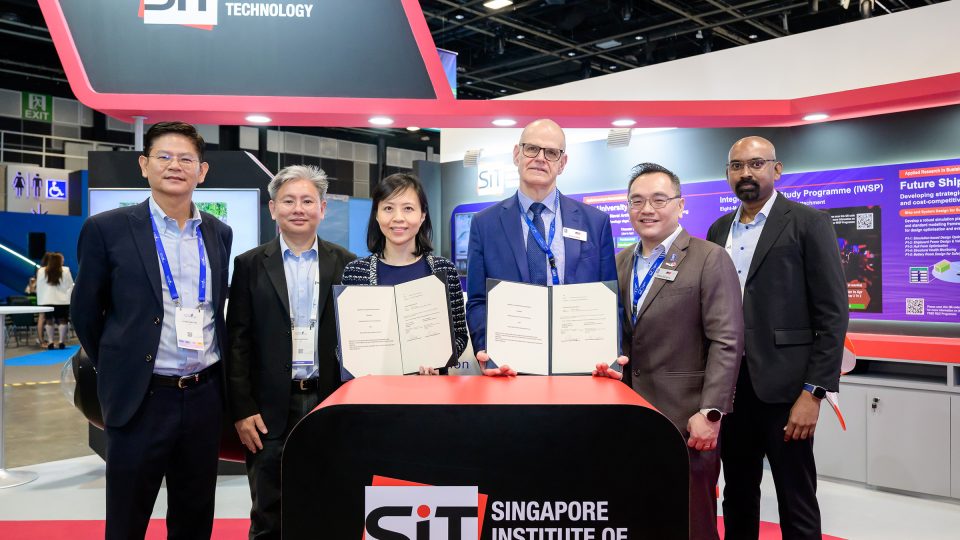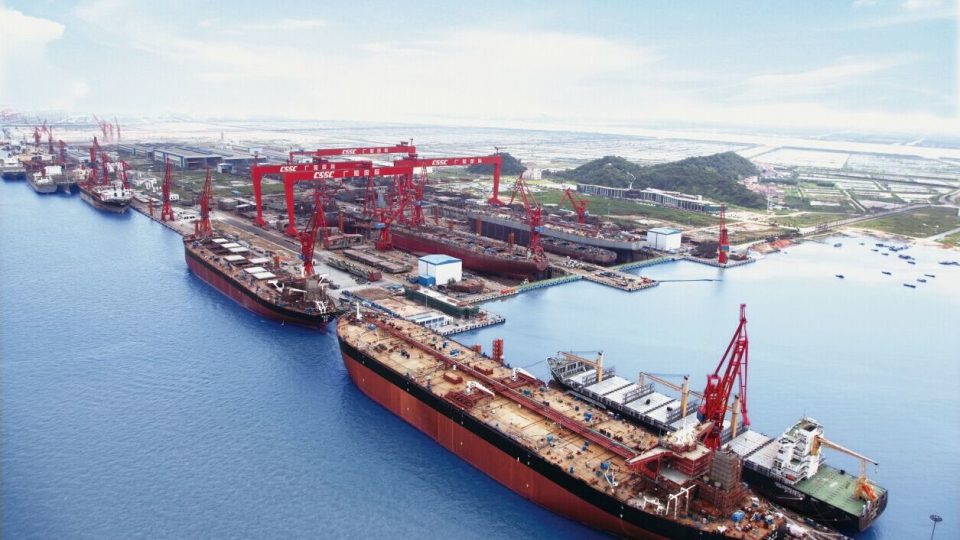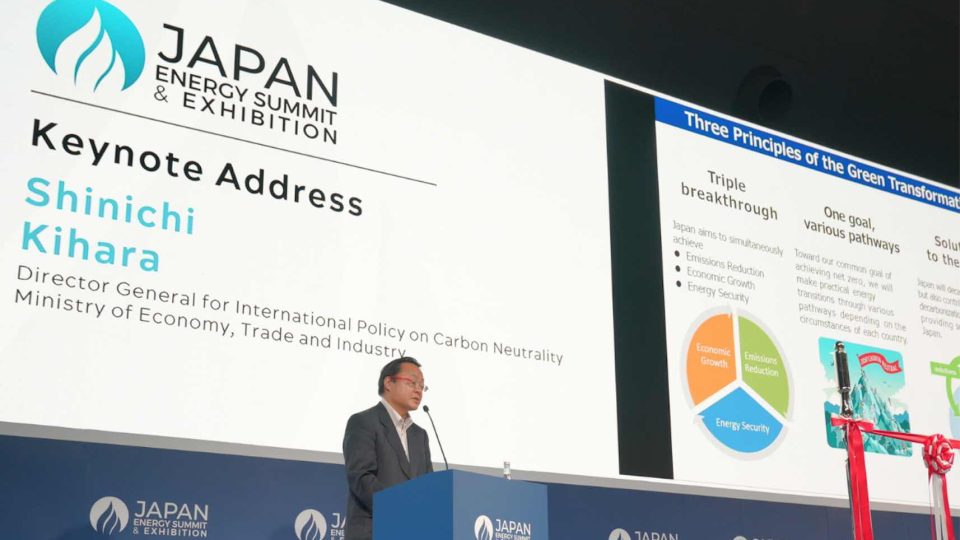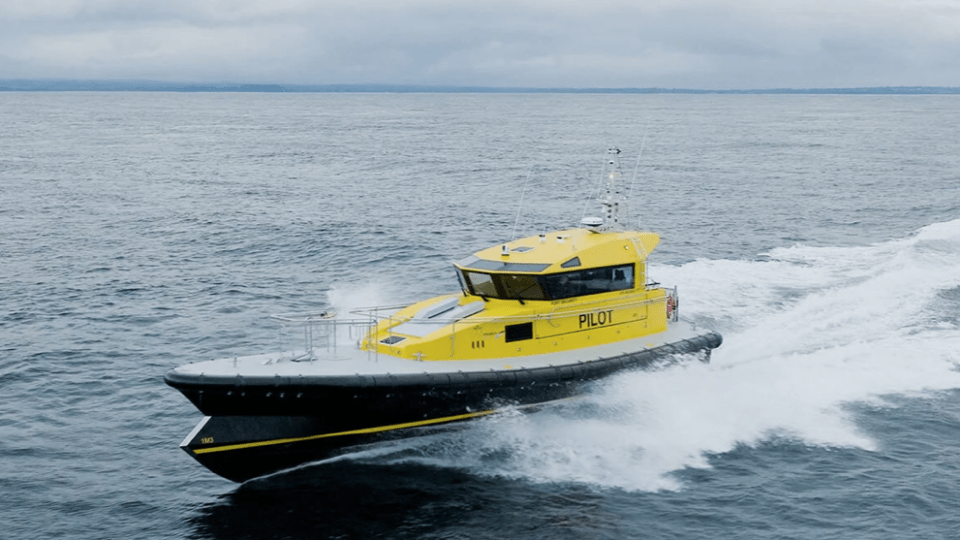VW to carry with LNG ships
VW to carry with LNG ships. The news is not ‘very fresh’, but testifies to the appeal of LNG in maritime transport. VW to carry with LNG boats The giant Volkswagen Group Logistics alone organises and coordinates 7,700 departures around the world every year to transport 2.8 million new cars and 250,000 containers of components and […]
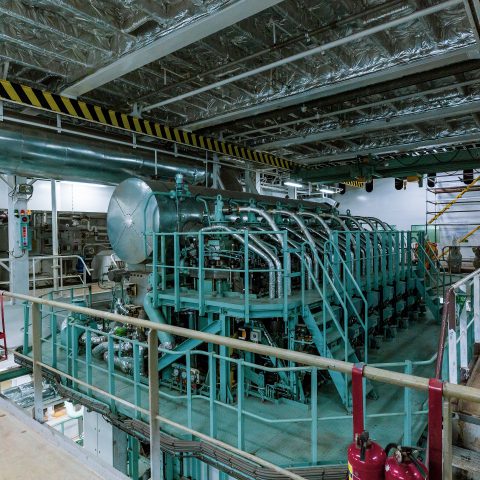
VW to carry with LNG ships. The news is not ‘very fresh’, but testifies to the appeal of LNG in maritime transport.
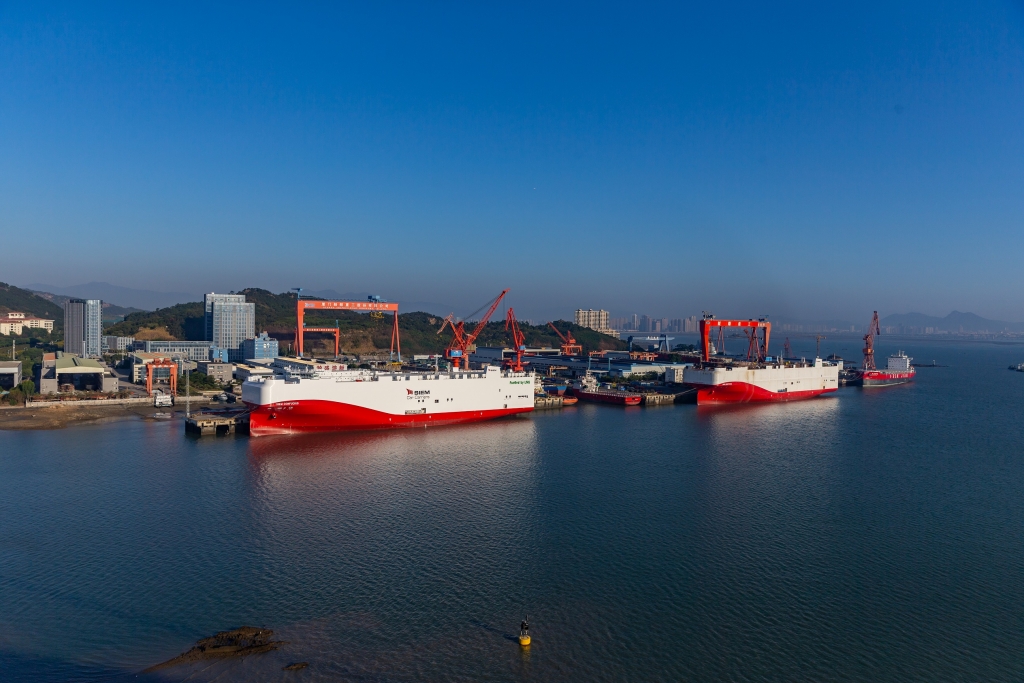
VW to carry with LNG boats
The giant Volkswagen Group Logistics alone organises and coordinates 7,700 departures around the world every year to transport 2.8 million new cars and 250,000 containers of components and spare parts. «There are several hundred,» confirms the German cars manufacturer, «the ocean liners and merchant ships for the transport of cars that cross the oceans every day for our Group».
The specific weight of these numbers gives substance to what, at the moment, is only a first small step on a path of profound change. Starting in January, Volkswagen Group Logistics has commissioned two new Siem Car Car Carriers, launched in Xiamen, China and powered by liquefied natural gas. The LNG ships – 200 meters long and 38 meters wide, with 13 car decks and a capacity of 7,500 tons – will replace two of the nine traditional heavy fuel oil-fuelled merchant ships currently used in the Atlantic between Europe and North America.
VW to carry with LNG ships powered by a dual-fuel engine with direct injection and 12,600 kW exhaust gas treatment from Man Energy Solutions. In addition to refrigerated liquefied natural gas, they can also use environmentally friendly e-gas, produced through Power-to-X, or biogas. In eco-speed mode, ships can travel at 16.5 knots (30.6 km/h). The two tanks, each with a capacity of 1,800 cubic meters, guarantee an autonomy comparable to that of traditional dense fuel oil supplies.
This solution, along the Europe-North America route, should allow a reduction in emissions of up to 25% CO2, 30% NOx, 60% particulate matter, 100% SOx.
Zernechel and Lauber said
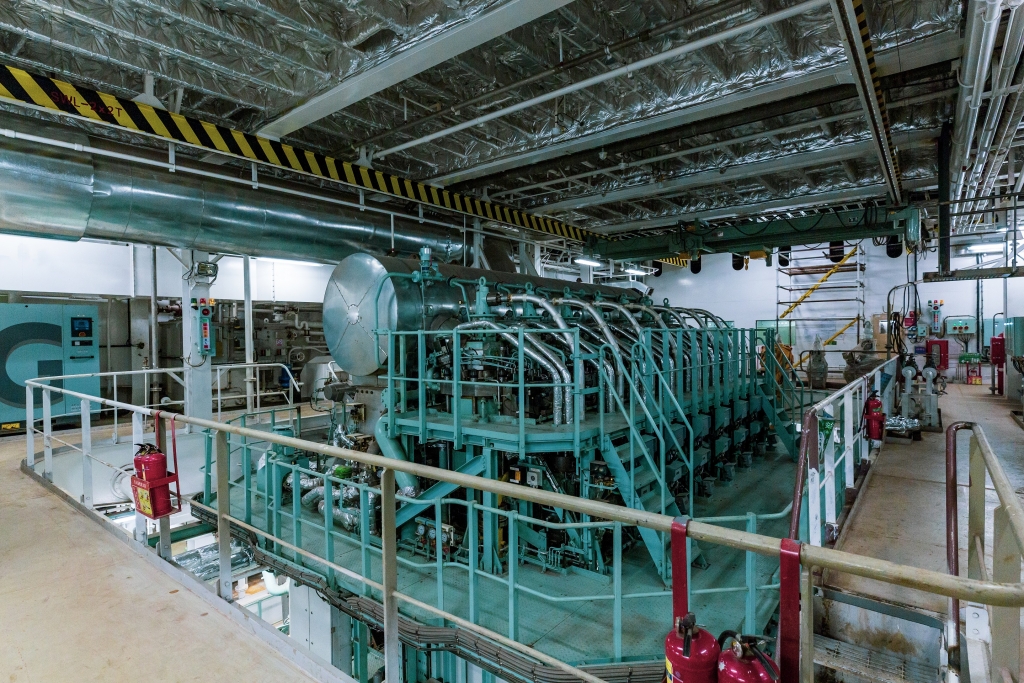
«We are entering a new field here to reduce emissions. Both ships are the first overseas car freighters in the world to be LNG-powered. In addition to the increasing use of LNG trucks, conversion of our many rail transports to green electricity and the use of biofuel in the short sea segment, the two new LNG ships represent an important building block for our strategic goal of climate-neutral logistics.» commented Thomas Zernechel, head of Volkswagen Group Logistics.
«We believe that the switch to liquefied natural gas as a marine fuel,» added Uwe Lauber, CEO of Man Energy Solutions, «is the most important basis for the energy revolution in this sector. In a second step, gas-capable ships can be operated with synthetically produced, climate-neutral fuels and are therefore future-proof. With this project, Volkswagen is pioneering the decarbonisation of global trade flows.»




